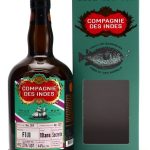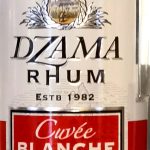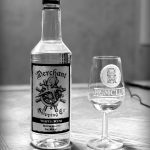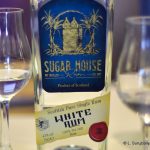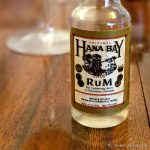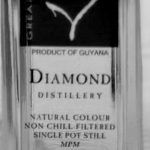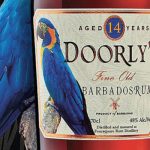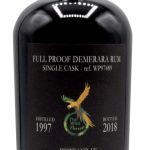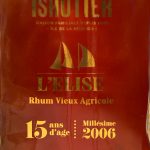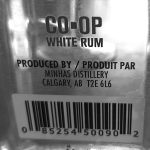
What we are trying today is the Co-Op Caribbean White Rum, which at around C$30 or less is comfortably within the reach of anyone’s purse if perhaps not their purpose. The rum is supplied to the Co-Op supermarket chain by a very interesting Calgary-based company called Minhas Distillery, which until recently didn’t have a distillery in the city, just a brewery, and whatever spirits they produced came from a distillery down in Wisconsin…which is all less than helpful in tracing the product since rum is really not in their portfolio. What Co-op sells is a white rum in a sleek [Click here for the full review…]
